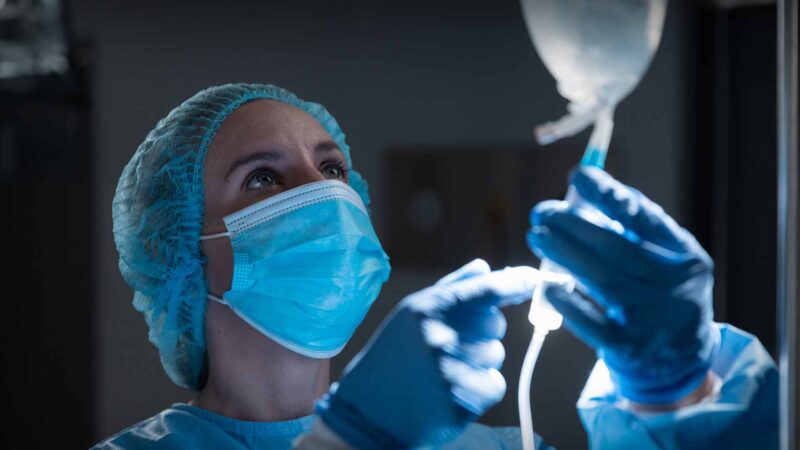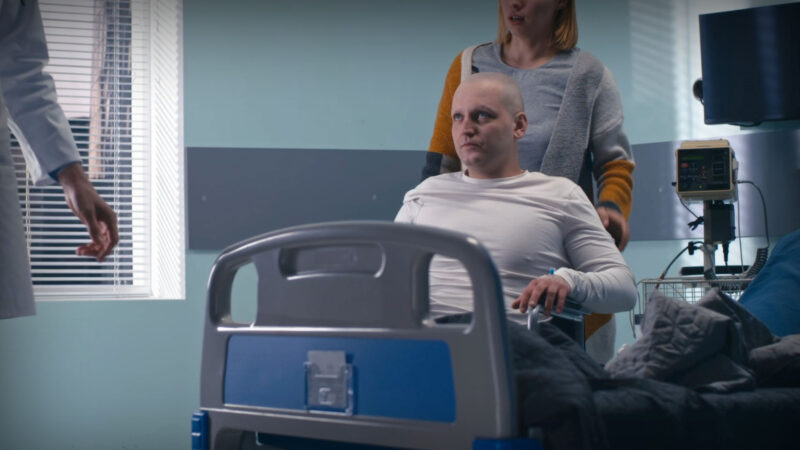Men’s urological needs refer to the medical and surgical conditions that affect the male urinary tract system and reproductive organs. Some of the common men’s urological needs include:
- Prostate health: The prostate is a gland located just below the bladder and is important for male reproductive health. Conditions such as benign prostatic hyperplasia (BPH) or prostate cancer can affect prostate health.
- Urinary tract infections (UTIs): UTIs are common in men and can cause pain and discomfort during urination. They are caused by bacterial infections in the urinary tract system.
- Erectile dysfunction: Erectile dysfunction (ED) is the inability to achieve or maintain an erection sufficient for sexual intercourse. ED can be caused by several factors such as nerve damage, psychological issues, or underlying medical conditions.
- Infertility: Infertility is the inability to conceive a child. Male infertility can be caused by several factors such as low sperm count, poor sperm motility, or genetic conditions.
- Testicular health: Testicles are important for male reproductive health. Conditions such as testicular cancer, torsion, or trauma can affect testicular health.
- Incontinence: Incontinence is the loss of bladder control and can be caused by several factors such as prostate surgery, nerve damage, or medication side effects.
- Kidney stones: Kidney stones are hard deposits that form in the kidneys and can cause pain and discomfort during urination.
- Urological cancers: Men can develop several types of urological cancers, including prostate cancer, bladder cancer, and kidney cancer.
A urologist can address these concerns, however a pharmacy-led model of care developed by Brad Butt, called Mens Health Downunder has offered an alternative to certain urological needs of the male adult population over the past 10 years.
Initially commencing in Canberra and now in 9 locations across Australia, the operation is run by a group of Australian pharmacists that provide rehabilitation solutions and cost-effective endorsed medical grade treatments for men with urological health issues. Mens Health Downunder provides products that are medical grade and specifically tailored for individuals with urological or sexual health issues backed by evidence-based solutions and pharmaceutical advice.
Mens Health Downunder exists to address the growing need for men to access quality health advice, break the stigma around urological health and reduce the embarrassment so men openly ask questions and confidently address health concerns. No concern is off limits.
Australian Health Journal met with Brad to hear about his journey, Mens Health Downunder and the impact the pharmacy-led model of care has had on patient’s urological as well as mental health.
Brad’s mission is to also raise awareness for prostate cancer. Prostate cancer is now the most common cancer diagnosed in Australia with expectations of aggressive diagnosis to double by 2028, overtaking breast cancer. Interestingly, media tends to focus on breast cancer more than prostate cancer. Often this is because of the stigma associated with prostate cancer. Men suffer in silence and are less likely to seek medical diagnosis and treatment. However, the stigma that surrounds prostate cancer and men’s health is a significant barrier that is being addressed, by Brad and his team of pharmacists.
You Might also like
-
Inaugural Rural and Remote Health Awards
Rural communities are a foundation of the economy and society and must be kept healthy.
There are significant personal, professional and financial rewards for rural healthcare professionals. However, there are also challenges – isolation, long hours, confusion about where to turn for support.
To acknowledge and celebrate the work of Rural and Remote Health Professionals, Rural Health Pro have launched the inaugural National Rural and Remote Health Awards.
-
World-first clinical trial improves patient outcomes for kidney transplants
A world-first clinical trial conducted at the Royal Adelaide Hospital (RAH) and at hospitals across Australia and New Zealand has identified the best fluid treatment to reduce the risk of patients requiring dialysis after a kidney transplant.
Australian Health Journal spoke with the lead-author of the study, RAH Nephrologist and University of Adelaide researcher, Dr Michael Collins.
-
Sharing the same goals in value-based procurement
Value-based procurement (VBP) is a journey, not a sprint. It’s about putting the patient at the centre of quality affordable healthcare through changes in procurement practices for medical technologies. Patient outcomes drive value and sustainability, not just price. The bigger picture indicates that VBP will create system cost saving through benefitting patients, rather than trying to attain the reverse – a win-win outcome.



